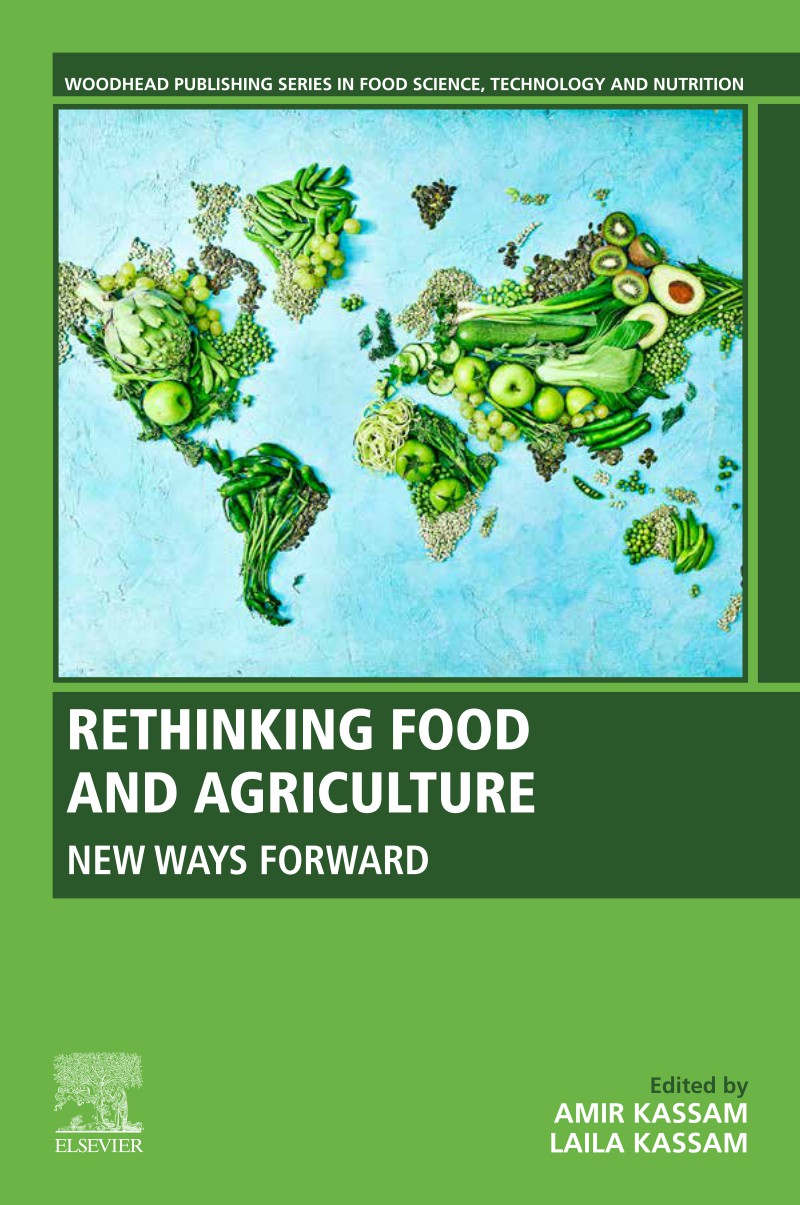The book is a holistic review of our current food and agriculture systems, discussing the origins, the actual problems, and approaches towards a badly needed sustainability of this issue which is determinant for the survival of humans on our planet. In 20 chapters, written by recognized leading experts and brilliant minds in very different areas related to food and agriculture, the book shows the origins of our food culture, the ethics of our behaviour and the positioning of mankind within nature, the influence of religions, and the developments under different economic systems, starting from colonial times towards our actual globalized food chains. It sheds light on the problems of sustainability of the actual food production, the question of production increase to end hunger, the growing problems of non-transmissible diseases caused by overweight and obesity, discussing the well-known problems of environmental pollution, loss of biodiversity and climate change and the interactions of our food systems with these global problems. It also discusses consumer preferences and needed changes for healthy diets, necessary for the environmental sustainability of our production systems as well as from a public health point of view.
Specific controversial topics such as genetically modified organisms or the dangers of resistance against antibiotics are discussed in detail. Proposals are given for how the systems could be transformed to achieve overall sustainability, starting from sustainable productions systems such as Conservation Agriculture and ending with sustainable diets based on natural food from plant origin with a focus on local production.
All the topics are discussed with scientific facts and arguments, which makes the book a valuable source of information about many of the discussed topics. Each topic is well researched with abundant references. As the book is discussing controversial issues and questioning many of our actual paradigms, it might appear in some parts radical. However, if we are serious about fighting the problems, which mankind has created with the actual food and agricultural systems, starting with the degradation of soils and ecosystems, the global pollution and loss of biodiversity, ending with climate change and the actual SARS-COV2 pandemic, we need radical change, which will also have to include a rethinking of our actual economic systems, built on endless growth, economies of scale and globalized agro-industrial food systems. Not every detail of the book will be agreeable to everyone, such as the proposal for strictly vegan nutrition; however, even meat lovers have to admit, that the actual developments of meat consumptions are not sustainable from perspectives of environment, climatic change, food security, nutrition, health and ethics.
But in all these issues the book raises interesting questions which need urgent answers. It triggers our thinking, shows new views out of the box, needed to find solutions for the actual global problems. The book does not only question the actual systems showing its problems. It offers solutions, which are all feasible and realistic, although they might involve radical change and sometimes sacrifice.
As such the book should be read by any thinking human being as it concerns all of us. It should be read especially by professionals in development and politics, scientists and everyone involved in the actual food and agriculture systems. It is an absolute must read for policy makers and those who decide the future of countries and the planet.
